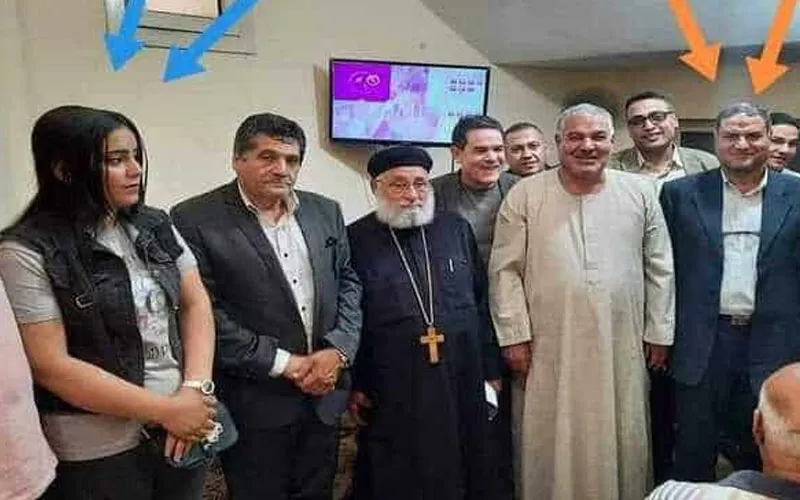Cairo, 12 August, 2022 / 2:35 pm (ACI Africa).
Catholic Charity and Pontifical foundation, Aid to the Church in Need (ACN) International, has expressed concern about a Muslim man in Egypt who has become notorious for assaulting Christian women and his actions going unpunished every time.
In the latest case, the Muslim pharmacist, Ali Abu Sa’da, is said to have assaulted Niveen Sobhy, a Coptic Christian, for not putting on a hijab before going out to get medication for her child in her village in Ashmon-Monofyia governorate, 250 miles South of the capital city of Egypt, Cairo.
According to the August 8 ACN report, the assault on Sobhy is “not unprecedented” and that many of the pharmacist’s victims are afraid to speak out and to seek justice.
“Last Easter, this pharmacist assaulted another Christian woman from the village. He has done this repeatedly, but women are afraid of reporting against him,” Mrs. Sobhy told the pontifical charity foundation.
ACN has reported that on April 27, as Muslims were celebrating the month of Ramadan, Sobhy was confronted by Ali Abu Sa’da, who shouted at her for daring to leave her home during Ramadan wearing a short-sleeved T-shirt.








